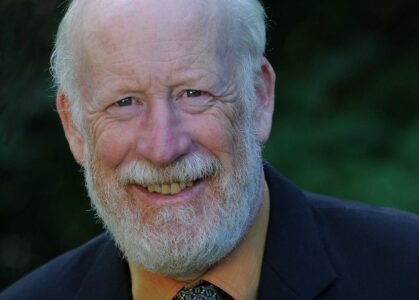A Bitter Election Coming?
I suspect that the federal election the country will experience this year will be unlike anything we have seen before. Passion and controversy are not strangers to Canadian elections, but I fear that the bitterness we will witness in our next federal election will be without precedent.
Attack ads are likely to proliferate, and their rancor and venom will offend and predispose some voters to shun the entire process. Voter turnout will be a factor in the next election, and our history in this regard is troubling. The average voter turnout, going back to confederation in 1867, is a respectable 70.8 percent. What is disturbing is that we have not achieved that level of voter participation in more than a generation! The average voter participation rate in federal elections since the year 2000 is less than the lowest rate recorded in any federal election from 1867 to 2000! Some will argue (I am among them) that we have a problem with our voting system. A system that allocates 53.9 percent of parliamentary seats on the strength of 39.6 percent of votes cast is inequitable, but it alone does not explain the trend in voter participation. What has happened to our politics? What is wrong with us?
Voter abstention is greater in the 21st century than it was when we elected our first parliament – that was before Alexander Graham Bell invented the telephone! Our most appreciated national services, the Canada Pension Plan, Medicare, and Unemployment Insurance, became reality when Canada recorded its highest voter participation. Does the value we place on our performance in the democratic process mirror the value the people we elect place on their performance? Is government myopia a consequence of voter lethargy?
Economics, science, and philosophy are the heart, brain, and soul of the body politic. Philosophy looks to the past in an eternal search for truth. A philosopher never tires of reading and re-reading Aristotle. Science looks to the future on a trail of discovery for new facts. A scientist does not waste her time reading and re-reading Newton. Economics is concerned with the production of goods and service, but not with their distribution. An economist may follow or dismiss Friedrich Hayek or John Maynard Keynes; he may endorse or reject The Wealth of Nations or Das Kapital. Economics is materialism; with respect to prudence, temperance, courage, or justice economics is neutral. A balanced relationship of economics, science, and philosophy is essential to the health of any society. The heart may be weak or strong, but a life is wasted without the reasoning of the brain and the temperance of the soul. Is that balance affected by voter participation?
Average voter participation for the period from the Second World War to the year 2000 was 74 percent! I believe that citizen attendance at the ballot box contributed to the balancing of government attention to opportunities and compassion for both the strong and the weak. What we achieved then is in sharp contrast to our recent performance. One and a half times more voters abstained in the last federal election than voted for the party that emerged as the winner. What motivates the abstainers among us?
The next federal election is still a few months away, but the partisan hunt for votes is on. The responsibility for a positive outcome of the next election, a balance of heart, brain, and soul in our politics, may not rest on the shoulders of those who voted; if we fail to achieve it, responsibility will rest with those who abdicated their democratic responsibility. Some may believe that the leadership quality of party bosses will be the key issue in the coming election. I rather think the issue to be voter participation. How many among us will continue to abstain, only to complain when the counting is done?


























